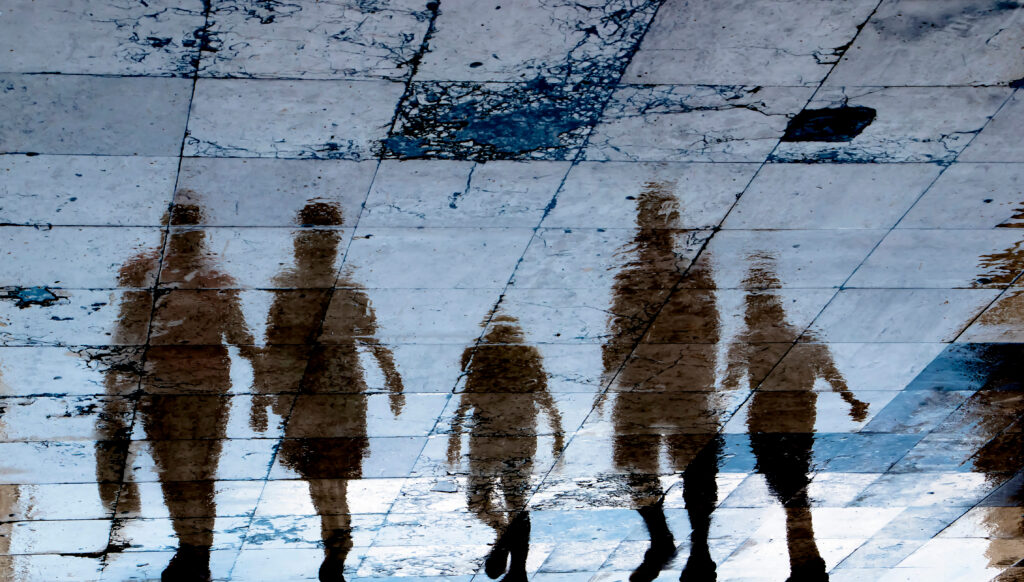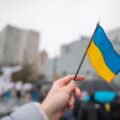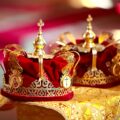The spirit of Europe
The spirit of Europe
This contribution was written by Prof. em. Dr. Rolf Schieder from Humboldt University, Berlin.
„Normality proves nothing, the state of exception proves everything.“ Is Carl Schmitt – as much as we dislike him – right after all? Does a collective entity need an enemy in order to develop a collective consciousness and a sense of unity? Is politics basically the construction of foes and friends? Russia’s war against Ukraine is a European war – and even though the allies of NATO do not want to get involved militarily, all Europeans sense that we all are affected. The old European order is destroyed – what was taken for granted is gone. When people say that “times have changed”, the actually mean that our sense of time, the “Zeitgeist”, has changed.
What did Putin’s war and the following state of exception and emergency prove? An unexpected collective effervescence was aroused throughout Europe. Many commentators saw pre-war Europe in decline, as a late culture, smug and fed up, lazy and weak. The war against Ukraine revealed deeply rooted, commonly shared and strong beliefs in human rights, democracy, and freedom.
For quite a while it looked as if Putin was able to fire culture wars in the United States and in Europe and to encourage the political and religious Right on both continents to see in him and in the Russian Orthodox Church a stronghold for conservative Christian and European values. Kirill I, the patriarch of the Russian Orthodox Church, called the war a “metaphysical war”, a war against Western decadence and the spread of homosexuality. But with the invasion of Ukraine, Putin has lost his nimbus as the savior of a Christian Europe. Most public figures from the Right have stopped hailing him – at least publicly.
Metropolit Onufrij of Kiew condemned this war as fratricide, a repetition of Cain’s crime against his brother Abel. Again a religious reference, even a biblical one, was made. Carl Schmitt claimed that modern states cannot survive without a “political theology” which is able to focus on what is at stake. If you want people to rally behind your flag you need a powerful narrative. Religions are a powerful resource – particularly in times of conflict. If a religious leader refuses to take sides, like Pope Francis, he is confronted with considerable consternation. The political becomes religious, and the religious political.
What Carl Schmitt called “political theology”, 200 years earlier Jean-Jacques Rousseau had called “civil religion”. It was his intuition that a social contract cannot be complete without a reference to God. While freedom of religion allows all citizens as private beings to adhere to the denomination they choose and to worship any God they like, as citizens who form the “volonté générale”, they are obliged adore a benevolent God and fear a Last Judgement. There can be no collective conscience without a commonly shared belief system. Such a civil religion which according to Rousseau the state has to impose on its people is an outright violation of the human right of freedom of religion. It must be the free choice of the people – a citizen’s religion, not the state’s. But a state can either support the development of a collective consciousness and a set of shared beliefs, or it can “be neutral” and just doesn’t care.
In 2010, Jacques Delors, the former president of the European Commissison, called on to the European Parliament: “We have to give Europe a soul!” The idea of Europe, he claimed, is in danger of being grinded between globalisation and individualisation. A sense of shared values and common beliefs must be installed. But how? How can you give collective body like Europe “a soul”? Didn’t it have one in the first place? And wouldn’t it be dead without one? Europe is not a machine and the European Parliament is not a group of technocrats who can do the job. Many liked the metaphor of “Europe’s soul” and used it for their Sunday speeches. But it was more like pointing at a void than really having an idea what it was and what to do with it. Actually, Delors asked the European Parliament to conceptualize a “raison d’être” of Europe – beyond economic and private interests. Why should there be a European Union? What are its unifying forces? What is its purpose?
Was the metaphor “soul” a good one? Wouldn’t it be better to speak of the “spirit of Europe”, which of course cannot be given to Europe, but which has already shaped Europe for centuries and will do so in the future. Not “to give Europe a soul” is the task, but to grasp, understand and conceptualize the spirit of Europe. A spirit is alive, a spirit has the drive to realize itself. There is nothing more powerful that a spirit. When the spirit has abandoned an institution, there is no chance for it to survive. The implosion of the Eastern bloc is a historic proof for this claim. Whoever believes in the future of Europe should feel obliged to keep its spirit alive and vibrant.
What is the spirit of Europe these days? How can we conceptualize it? The spirit of post-war Europe in the Sixties was money and the promise of prosperity. The spirit of Europe after 1990 was the promise of freedom and unity. Europe’s spirit in the last decade was freedom and diversity – on the edge of culture war and separation. During this period the European spirit seemed faint, suffering from a lack of unity. This has changed after Putin’s attack on Ukraine which was understood as an attack on Europe – and it looks as if the European spirit’s motto now is freedom and security. It is too early to predict what the long term consequences of this war will be. But the sense that Europe is in a process of redefining its spirit, is vivid. It is up to this and the next generation to shape it. And it has to be able to survive the transition from the present state of exemption and emergency to a new state of normality.






